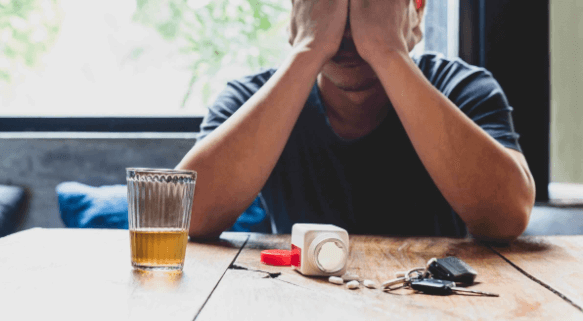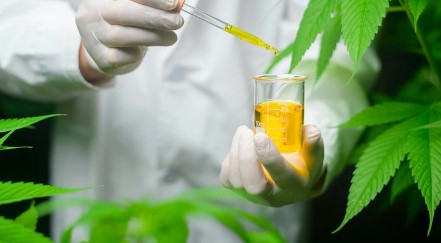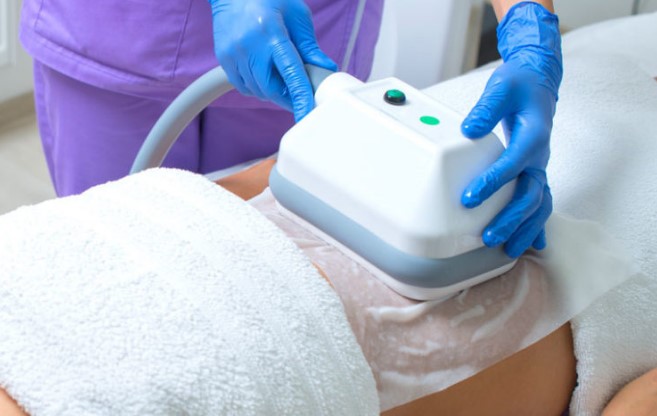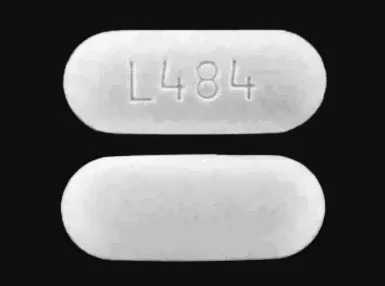Does depression lead to addiction?

Depression and addiction can be closely intertwined, and in some cases, depression can lead to addiction. It is essential to understand the relationship between these two conditions to provide effective support and treatment for individuals experiencing them.
Depression and Addiction:
- Self-Medication: Some individuals with depression may turn to substances such as alcohol or drugs as a way to cope with their emotional pain or numb their feelings. This is known as self-medication, where the person attempts to alleviate the symptoms of depression temporarily. However, using substances to cope can lead to a cycle of dependence and addiction, making the underlying depression worse in the long run.
- Escapism: Individuals may develop escapist tendencies and behaviors to cope with depression. Depression can create a sense of hopelessness and despair, leading individuals to seek an escape from their emotional turmoil. Substance use or addictive behaviors might be pursued as a means to distract oneself from the negative thoughts and emotions associated with depression.
- Neurobiological Factors: Depression and addiction share some common neurobiological pathways. Both conditions involve changes in brain chemistry, particularly in the reward and pleasure centers of the brain. Individuals with depression may be more susceptible to the reinforcing effects of addictive substances or behaviors due to these shared neurological factors.
- Dual Diagnosis: Many individuals who struggle with addiction also have underlying mental health issues like depression. When both conditions co-occur, it is known as a dual diagnosis or co-occurring disorder. Addressing both the addiction and the depression simultaneously is essential for effective treatment and recovery.
- Social Isolation: Depression can lead to social withdrawal and isolation, which may increase the risk of turning to addictive substances or behaviors for companionship or comfort. For help regarding mental health visit a Best Psychiatrist in Lahore.
Breaking the Cycle:
Treating both depression and addiction concurrently is key for breaking the cycle and achieving lasting recovery. Here are some important steps in addressing this complex issue:
- Comprehensive Assessment: A thorough assessment by qualified healthcare professionals can help identify the presence of both depression and addiction, as well as any underlying factors contributing to these conditions.
- Integrated Treatment: Integrated treatment approaches that address both depression and addiction together have shown greater success in helping individuals achieve and maintain recovery. This may include psychotherapy, medication, support groups, and addiction treatment programs.
- Addressing Triggers: Identifying and managing triggers for both depression and addiction is essential. Learning healthier coping mechanisms and stress-reduction techniques can reduce the reliance on substances or addictive behaviors.
- Support System: Building a strong support system is essential in the recovery process. Support from family, friends, and mental health professionals can provide encouragement and understanding during difficult times.
- Relapse Prevention: Developing a relapse prevention plan can help individuals anticipate and cope with potential setbacks. Recognizing early warning signs of depression or addictive cravings and having coping strategies in place can help prevent relapse.
- Long-Term Care: Ongoing care and monitoring are essential for individuals with co-occurring depression and addiction. Continued engagement in therapy and support groups can aid in maintaining mental well-being and sobriety.
It’s important to note that every individual’s journey through depression and addiction is unique, and treatment should be tailored to their specific needs and circumstances. Seeking professional help and support from a Psychiatrist in Rawalpindi is important for those dealing with these challenging conditions. Visit The Hader Clinic if you are interested in addiction treatment.






